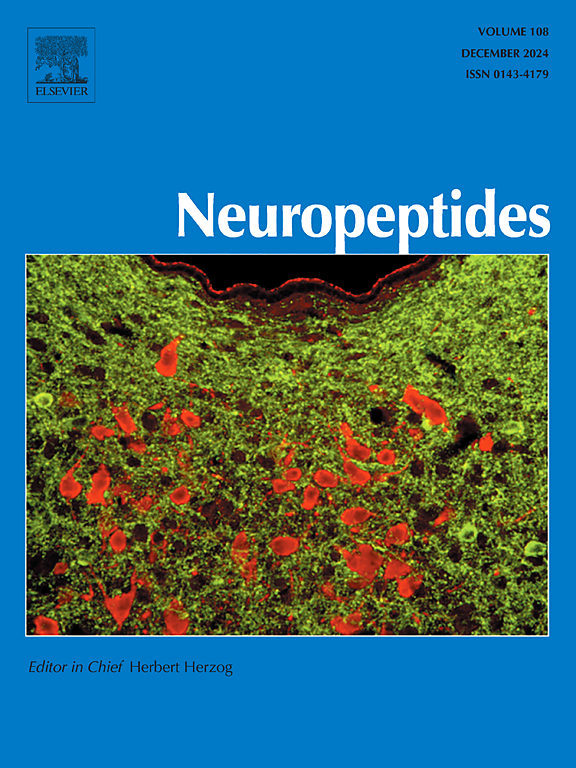Liangxue Tongyu prescription attenuates neuroinflammation by increasing cholecystokinin octapeptide in acute intracerebral hemorrhage rats
Abstract
Inflammatory reactions after acute intracerebral hemorrhage (AICH) contribute significantly to a poor prognosis. Liangxue Tongyu Prescription (LTP) has been proven to be clinically effective in treating AICH. Numerous studies have shown that LTP suppresses brain inflammatory damage in AICH, while the internal mechanisms underlying its action remain unclear. The aim of this study was to verify the anti-inflammatory effects of LTP on an AICH rat model and investigate the potential mechanisms. The AICH rat models were created by injecting autologous blood into the right caudate nucleus. LTP markedly decreased cerebral hematoma and brain water content and recovered from neurological deficits. Meanwhile, LTP prevented microglial activation and reduced the inflammatory reaction caused by pro-inflammatory cytokines, such as tumor necrosis factor-α (TNF-α), interleukin-1β (IL-1β) and interleukin-6 (IL-6). Notably, the expression of cholecystokinin octapeptide (CCK-8) in the brain and intestine was increased by LTP or CCK-8 treatment. LTP further suppressed nuclear factor kappa B (NF-κB) in the brains of rats with AICH. Moreover, LTP increased the protein and mRNA expression of Occludin and Claudin-1 in the intestine and decreased the levels of lipopolysaccharide (LPS) and diamine oxidase (DAO) in serum. Furthermore, the results showed that LTP increased the protein and mRNA expression of Claudin-5 and zonula occludens-1 (ZO-1) in the brain. CCK-8 receptor antagonists increased the expression of NF-κB and the concentration of pro-inflammatory cytokines. These findings suggested that LTP attenuated neuroinflammation by increasing CCK-8 in the brain and intestine, and its mechanism might be related to alterations in the gut-brain axis (GBA).

 求助内容:
求助内容: 应助结果提醒方式:
应助结果提醒方式:


